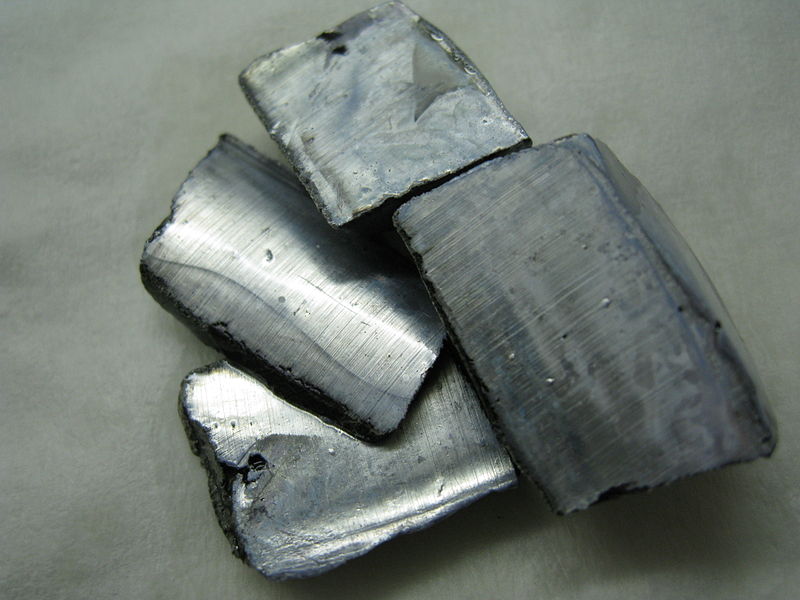
Potassium could provide a cheaper, more readily available material to use in place of lithium in metal batteries, according to researchers from Rensselaer Polytechnic Institute.
The research demonstrated that the problem of dendrites – needle-like structures that plague metal batteries and can cause short circuits, failures or even fires – can be overcome to create a battery that performs almost as well as a lithium-ion battery.
Demand for lithium is expected to reach 820,000 tons of lithium carbonate equivalent by 2025, largely due to increases in battery demand for electric vehicles and renewable energy storage. Lithium-ion batteries have traditionally been affected by the accumulation of dendrites on the anode.
In the paper, a team led by Rensselaer professor Nikhil Koratkar proposed that by using a potassium metal anode in place of a graphite anode, and a potassium cobalt oxide cathode in place of a lithium cobalt cathode, could create a battery that rivals the performance of a traditional lithium-ion battery.
By operating the battery at a relatively high charge and discharge rate, the researchers said they can raise the temperature inside the battery in a controlled manner and encourage the dendrites to “self-heal” off the anode, preventing short circuits and failures.
While the temperature increase in the battery does not melt the potassium metal, it does help to activate surface diffusion so the potassium atoms move laterally off the dendritic structure. This effectively smoothes out the dendrite and prevents it from piercing the insulating membrane separator that keeps electrodes from touching one another.
“With this approach, the idea is that at night or whenever you’re not using the battery, you would have a battery management system that would apply this local heat that would cause the dendrites to self-heal,” Koratkar said.
Koratkar and his team previously demonstrated a similar method of self-healing with lithium batteries, but they found that a potassium metal battery required much less heat to complete the self-healing process. According to Koratkar, that means a potassium metal battery could be more safe and efficient.
“I want to see a paradigm shift to metal batteries,” Koratkar said. “Metal batteries are the most efficient way to construct a battery; however, because of this dendrite problem, they have not been feasible. With potassium, I’m more hopeful.”



